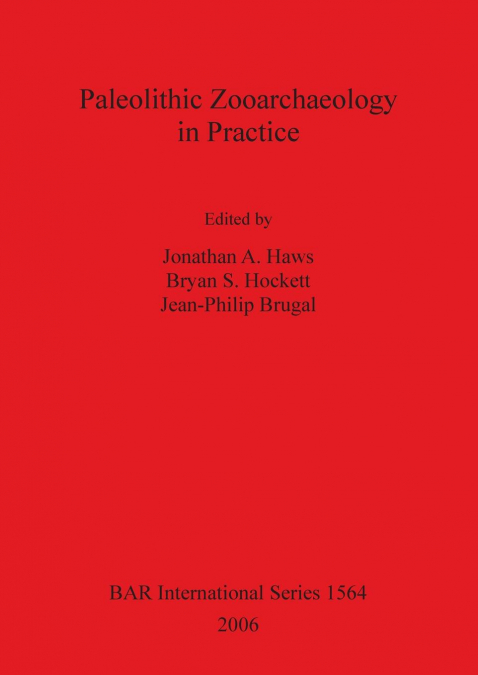
Understanding Paleolithic animal exploitation requires a multifaceted approach. Inferences may derive from research on paleoenvironments and taphonomy, the development of new methods for interpreting seasonality patterns, and ethnoarchaeological observations. A full understanding of Paleolithic economies also requires a multiregional perspective. This volume brings together a group of scholars with research interests from across the globe to understand the nature of animal exploitation practices through the lens of taphonomy. The chapters include case studies on the types of animals that Paleolithic peoples hunted and gathered through time and space, and taphonomic analyses of non-human animal bone assemblages.